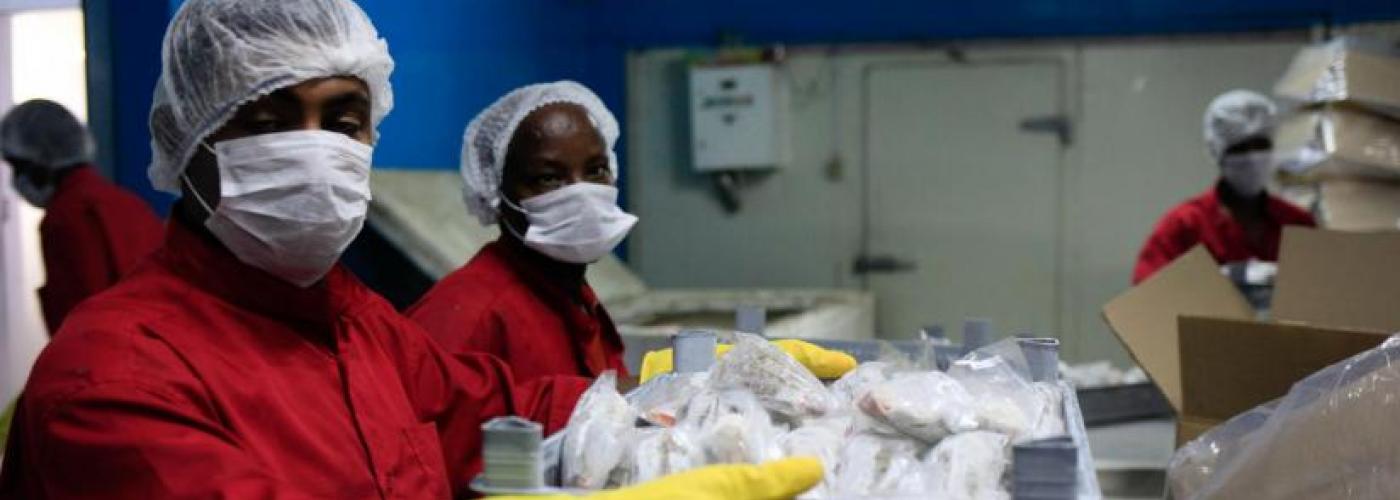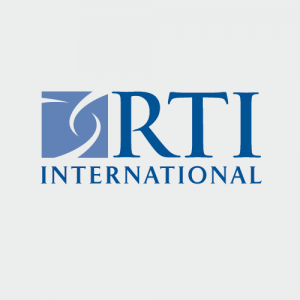COVID-19 in Somalia: Leveraging Finance to help Somali Businesses in the Face of Crisis
Image

“It will not just kill people. Economically, the consequences if nothing is done will be dire.”-Mohamed Mohamud Ali, Chairman of Somali Medical Association (SMA), reported by Al Jazeera on March 19, 2020
In the face of COVID-19, Somalia’s small and fragile economy, recovering from decades of strife, is more vulnerable than most. The pandemic comes after a year in which 2.6 million Somali people were displaced by continuing conflict, droughts, floods, and a plague of locusts while 5.4 million – or about 34 percent of the population – continue to face ongoing food insecurity. Although only 154 cases were reported by 20 April, lack of adequate testing means that there could be many more cases in the community. There have already been massive disruptions to Somali businesses and trade, exacerbated by diminishing remittance flows and nascent financial systems susceptible to a rapid collapse.
Livestock are two-thirds of Somalia’s exports. Although in mid-April the Saudi authorities relaxed their ban on livestock imports from Somalia, cancellation of the annual Hajj to Mecca has massively reduced Saudi demand for goats and camels. Agriculture and fisheries exports are also being impacted by disruptions to international trade and exacerbated by a longstanding lack of access to international payment systems. Remittances are the main income for 40 percent of Somali households and also fund most of Somalia’s imports. As diaspora families face unemployment, reduced income, and fewer available air routes to deliver funds in person, remittances are plummeting and reducing Somali households’ ability to buy food. One of the biggest Somali money transfer bureaus reports a 52 percent reduction in remittances during the first three months of 2020.
Somali banks were already experiencing liquidity difficulties due to the closure of foreign exchange businesses following an investment scam and a lack of access to international payment systems with which to finance imports, which is now exacerbated by the reduction in remittances. As a result, banks may no longer be able to finance the import of food and the purchase of equipment to expand food production and distribution in the face of COVID-19.
As implementing partners promoting economic growth by strengthening market systems, there are several steps we can take to leverage finance to help the local private sector during and after COVID-19. Through the USAID Somalia Growth, Enterprise, Employment and Livelihoods (GEEL) project, we are facilitating an integrated response to enable access to finance for impacted businesses. GEEL is responding to COVID-19 by employing a strategy across the agriculture, fisheries, and livestock value chains to mitigate the impact of disrupted supply chains and damage to the private sector. Working with our local partners, we aim to increase domestic food production which can be redirected to feed local populations. This can also help maintain and increase employment and incomes for businesses. This suite of COVID-19 responses includes:
-
Virtually collecting data and providing guidance to partners: GEEL is holding a series of virtual workshops to engage with partners who are input suppliers, agribusinesses, and financial institutions. We are working with them to explore opportunities, identify how the crisis is impacting them, attempt to prevent disruptions, and look ahead at implications for recovery.
-
Providing new finance to businesses: GEEL is providing finance directly to cover operational and restructuring costs and losses to allow MSMEs to respond to COVID-19, continue trading, and maintain employment and incomes where commercial finance is not available or affordable.
-
Supporting existing business borrowers: GEEL will review the risk to existing loans with finance providers and, if necessary, make provision for supporting them with potential defaults such as covering their profit loss during repayment holidays so as to protect businesses borrowing from them from the risk of default.
-
Extending teleworking and other safe work approaches: GEEL is working with partners to identify safe working alternatives such as teleworking, mobile payments, contactless collection and delivery, mobile apps for online shopping, home delivery using unemployed taxi drivers, and other options that enable them to keep their operations functioning. GEEL is already teleworking and encouraging its partners to telework to maintain social distancing in all engagements with businesses and partners, replacing meetings with telephone calls, replacing visits with live video streaming, and creating videos to present businesses to finance providers.
-
Spurring economic relief: GEEL will work with the World Bank and the Federal Government of Somalia’s Gargaara investment fund to provide fiscal and monetary stimuli through private sector financial institutions to ensure the availability and affordability of finance and ensure that commercially viable MSME projects are financed.
-
Expanding payment mechanisms: Through GEEL, USAID is working with the World Bank and DFID to enable electronic fund transfers for remittances to maintain household incomes and for investment and trade.
In most countries, including Somalia, local MSMEs are eager to receive guidance on how to protect themselves and eventually recover from COVID-19. USAID’s efforts through GEEL, in partnership with the UK’s DFID, the World Bank, and others, will increase the capacity of banks to provide finance and enable international payments so Somali agri-businesses can invest in their responses to COVID-19. That will enable their businesses to survive and help to provide supplies of food for the Somali people, and in turn maintain employment and incomes.
Learning and Adapting
What we have learned so far is that simply providing support to maintain household incomes will not be sufficient to prevent long-term damage to Somalia's economy. It is vital that there is systemic support to Somali businesses and financial institutions to protect businesses, expand food production, and redirect local produce to domestic markets. Protecting the business operating environment now will enable a successful rehabilitation of the economy after COVID-19.
Over the next three months, the GEEL project will be providing updates and lessons learned in Somalia to help build implementers’ understanding of how we can help our partner businesses to protect themselves and recover in times of crisis.
Philip Corper is the Finance and Investment Director for USAID's Somalia Growth, Enterprise, Employment and Livelihoods project.



